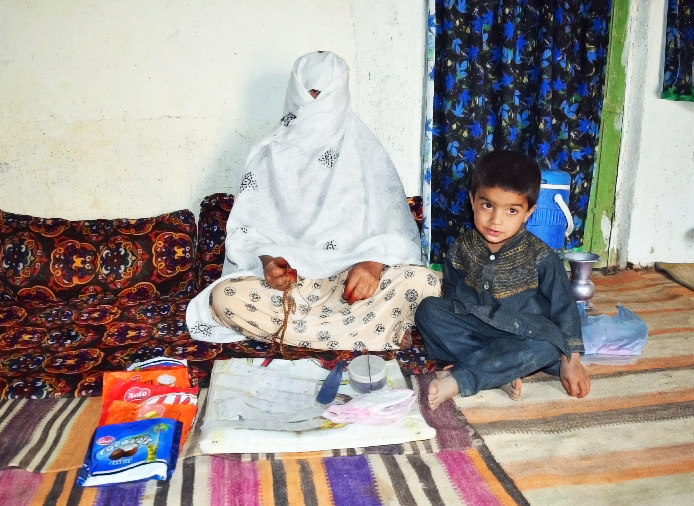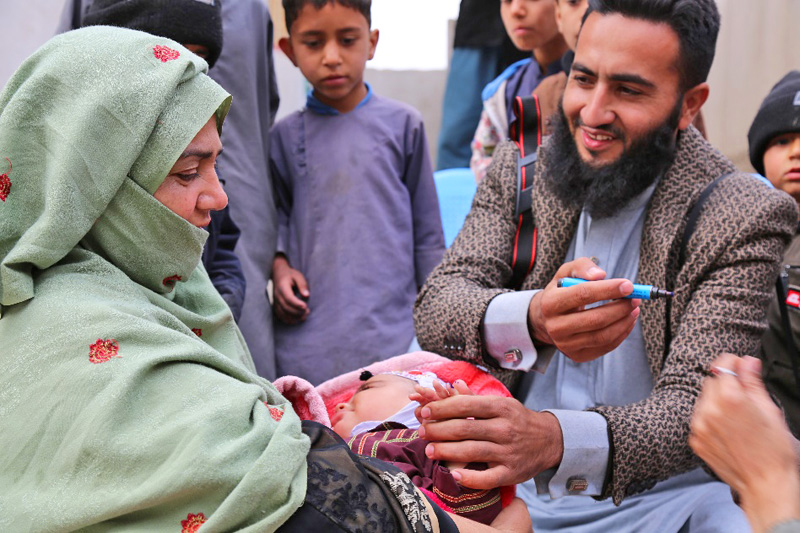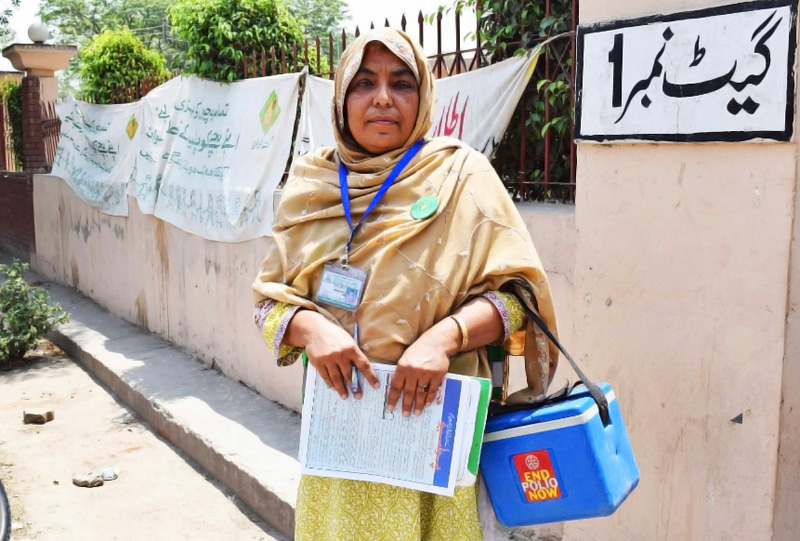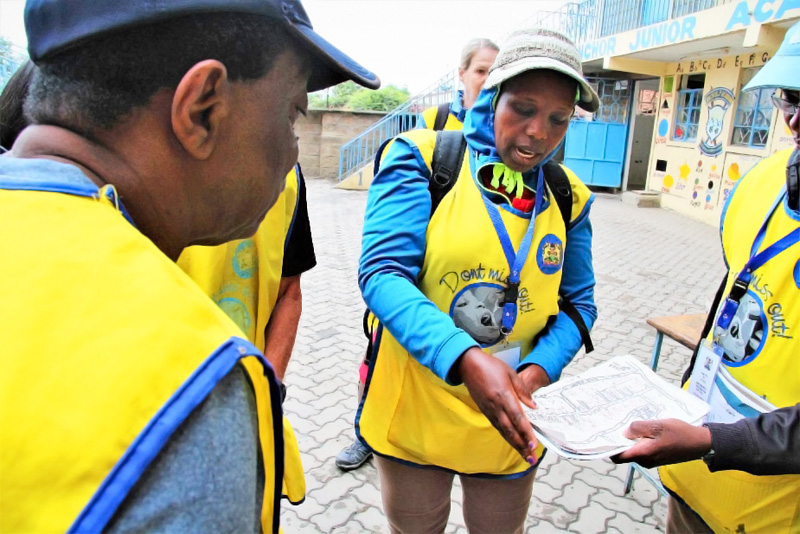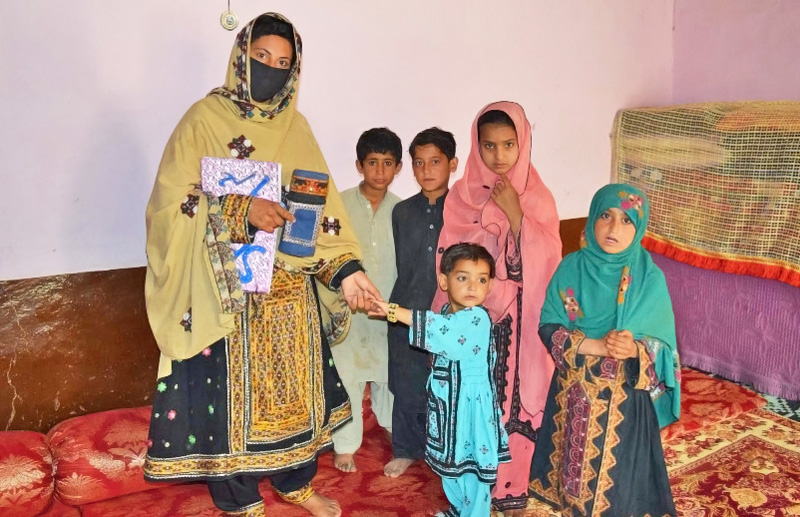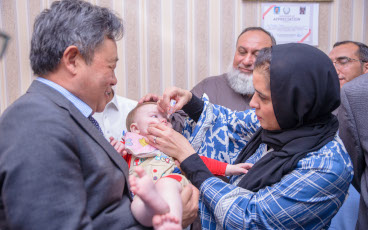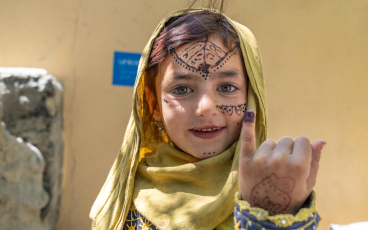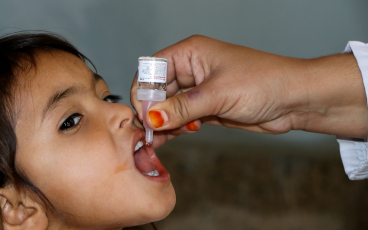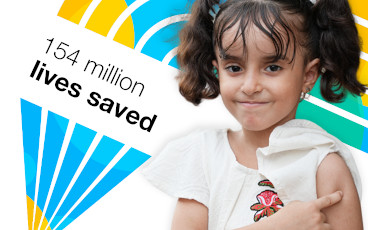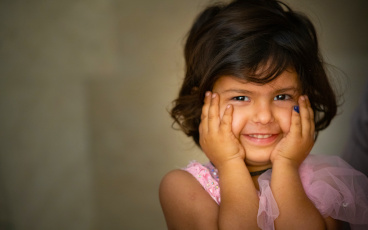The linchpin of on-ground polio eradication: women health workers and leaders
Women health workers and have been highly effective in polio eradication efforts, often as the only point of contact in rural settings.
Polio eradication efforts are as much rooted in the social realities as they are in the technological tools. The success of the Global Polio Eradication Initiative comes down to one simple action: the knock on the door, when the child’s caregiver greets the health worker.
Why do caregivers let vaccinators enter their homes? The caregiver’s decision to vaccinate is influenced by many moving parts: social, cultural, economic, and religious. Women health workers and leaders are able to transcend many of these boundaries as they are not only health workers; they are members of that community – someone’s neighbour, friend, aunt, cousin or grandmother.
Polio-endemic, at-risk, and outbreak countries regularly engage women as health officials in immunization activities, constituting about 68% of the frontline workforce. In Nigeria, 99% of frontline workers are women, followed by 56% in Pakistan and 34% in Afghanistan. But their strength in numbers is not the only reason why women are crucial to polio eradication efforts, they are, in fact, behavioural change agents.
Here’s a look at some of the resilient and inspiring women working to eradicate polio in their communities – in their own words:


